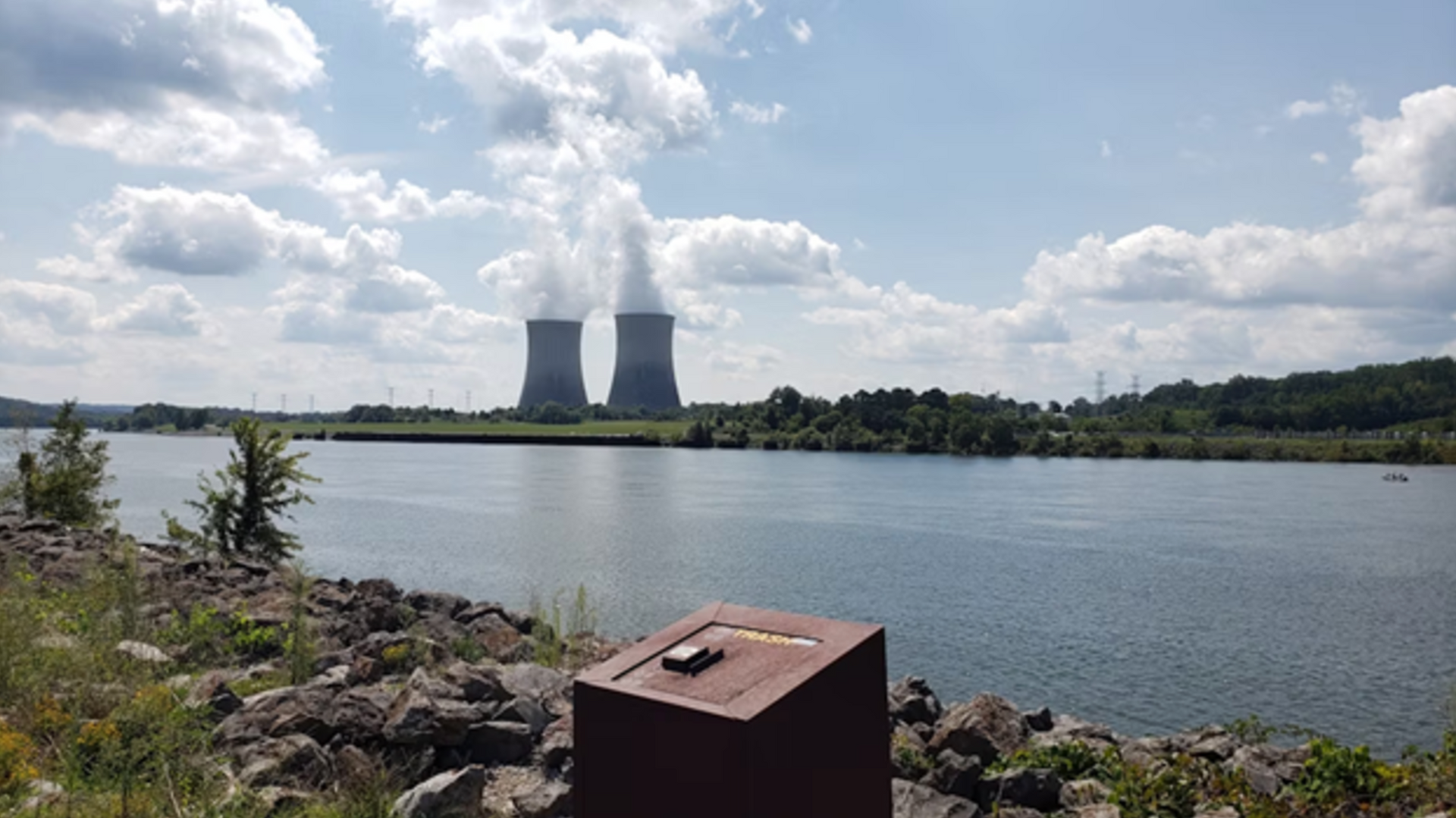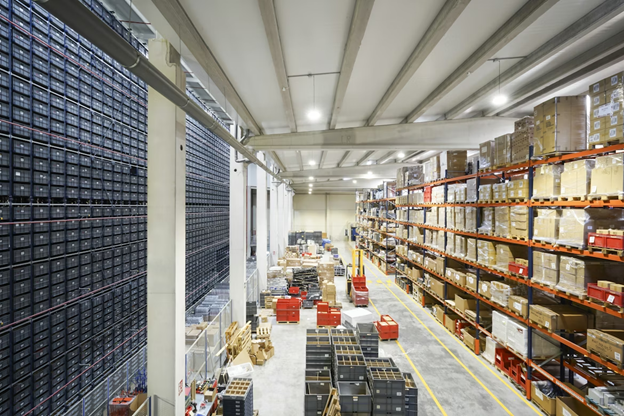Becoming a leader in AI requires a lot of energy. Here’s what Big Tech is doing about it.
From the desk of Miles Everson:
Happy midweek!
Every Wednesday, I talk about investing insights and strategies in the hopes of helping you build your wealth through this activity.
Today, let’s talk about a wave of opportunity that’s going to hit a specific sector of the U.S. economy.
Curious to know more?
Keep reading below!
Becoming a leader in AI requires a lot of energy. Here’s what Big Tech is doing about it.
Tech firms have built massive data centers to support booming demand for AI and as a way to secure their foothold in the space.
However, to ensure those data centers run like clockwork, these companies have one crucial requirement…
ENERGY.
Data centers consume lots of energy, so to meet this crucial need, companies have turned to cleaner sources.
Unfortunately, solar and wind energy sources are not yet reliable enough, so Big Tech is coming around to an older alternative…
NUCLEAR ENERGY.
In September 2024, Microsoft teamed up with asset manager BlackRock and other investors to launch a USD 30 billion investment fund for AI-related nuclear projects.
Brad Smith, Microsoft’s Vice Chair and President, said that combined with debt, the fund could reach USD 100 billion, and also hinted that other similar funds might emerge soon.
The tech giant isn’t the only one turning to nuclear as other firms are pouring billions of dollars into this energy source.
This investment in nuclear energy is a pivotal step since it paves the way towards broader acceptance of this energy source.
Additionally, it’s getting faster and easier to launch nuclear projects than ever before due to soaring demand in energy.
However, for this energy source to truly gain ground, there’s a problem that has to be solved first.
Upgrading the Old

Most nuclear power plants around the globe are old and more than half of the world’s nuclear power capacity is now more than 36 years old.
The slow down in upgrades can be attributed to tragic events like Chernobyl and Three Mile Island, since these tragedies caused the world to halt the bulk of nuclear investments.
It will take lots of money to upgrade aging nuclear infrastructure… and unfortunately, that’s not even the biggest issue.
You see, nuclear plants take too long to get up and running.
Before a plant is constructed, its builder has to deal with zoning and regulatory approvals, spend substantial amounts of money, and come up with and meet construction timelines.
As a result, a new plant won’t come online for at least a decade.
Due to these challenges, a different type of nuclear reactor called small modular reactors (SMRs) have burst into the scene.
SMRs are more compact, cheaper, and faster to build than conventional reactors.
SMRs are the Key
SMRs are getting more and more common in the U.S.
According to the World Nuclear Association, the U.S. currently leads the way in planned and under construction SMR projects with around 30.
That amounts to nearly one-third of the world total.
Despite the advantages of SMRs, constructing even the smallest one will require a vast amount of materials, equipment, and skilled labor hours.
Simply said, SMRs won’t pop up in droves overnight.
Regardless of this, this type of nuclear reactor is still one of the best ways to produce the energy needed in the AI race.
That’s why it’s no surprise Big Tech companies are racing to spend even more on nuclear power.
This is another reason why we will see plenty of infrastructure spending in the next few years.
So, as an investor, you should keep an eye on the energy sector since it’s poised to take off due to AI’s energy needs.
Hope you’ve found this week’s insights interesting and helpful.
EXCITING NEWS AHEAD
The world of work has shifted, and there’s no going back. The barriers to entry have never been lower for talented professionals to work independently, and today’s massive external workforce is hardly a pandemic-produced fad. Business owners can only survive in the new work landscape by partnering with this deep talent pool.
With decades of experience in both small-business entrepreneurship and executive management at PwC, I truly believe that the future of work is independent.
With that, I’m happy to share with you that my book, co-authored with Walter Scott Lamb, is now available for pre-order on Amazon!
Free Birds Revolution: The Future of Work & The Independent Mind
This is an essential read for both independent professionals and corporate executives. Here, we provide educational and practical guides to unpack the ever-growing workforce and offer you crucial ways to become a client of choice.
Click on the link above to pre-order your copy. Let this book help you future-proof your career and organization in the new world of work.
New Paragraph

Miles Everson
CEO of MBO Partners and former Global Advisory and Consulting CEO at PwC, Everson has worked with many of the world's largest and most prominent organizations, specializing in executive management. He helps companies balance growth, reduce risk, maximize return, and excel in strategic business priorities.
He is a sought-after public speaker and contributor and has been a case study for success from Harvard Business School.
Everson is a Certified Public Accountant, a member of the American Institute of Certified Public Accountants and Minnesota Society of Certified Public Accountants. He graduated from St. Cloud State University with a B.S. in Accounting.


